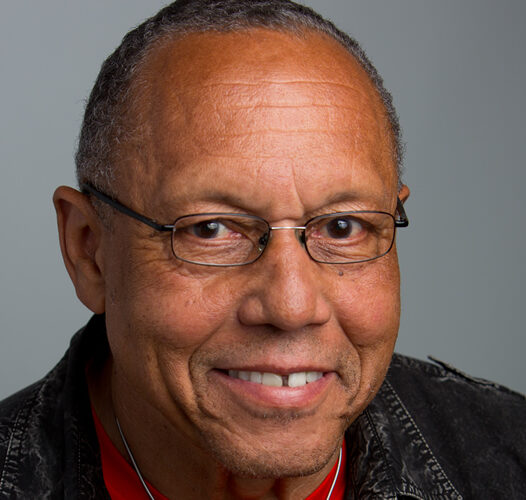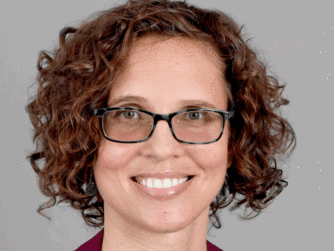Dr. Henry Louis Taylor Jr.
With over 80 percent of Americans living in urban areas, it is crucial for social workers to consider how the development of cities in the United States has played a role in creating and maintaining the social and economic segregation that is so deeply woven into the fabric of most cities today. In the first of two episodes, Dr. Henry Louis Taylor argues that there is an intentionality to how cities are built that produces the “underdeveloped” neighborhoods that we see, where marginalized populations find themselves forced to live. Further, institutions put into place to solve the problems facing these communities are failing in their mission and have shifted to simply easing the suffering and misery of the communities’ inhabitants.
Henry Louis Taylor, Jr, PhD, is professor and founding director of the Department of Urban and Regional Planning, Center for Urban Studies at the University at Buffalo. Dr. Taylor’s research focuses on a historical and contemporary analysis of distressed urban neighborhoods, social isolation, and race and class issues among people of color, especially African Americans and Latinos. His research also focuses on these issues in Cuba, the Caribbean Islands, and Latin America. Lastly, Dr. Taylor is concerned with the redevelopment of shrinking cities and metropolitan cities, with a focus on social, economic, and racial justice. Dr. Taylor coordinates the Neighborhood Planning and Community Development Specialization and teaches courses in central city revitalization; urban management; and race, class, gender, and the city.
Interviewer: Caitlin Beck





